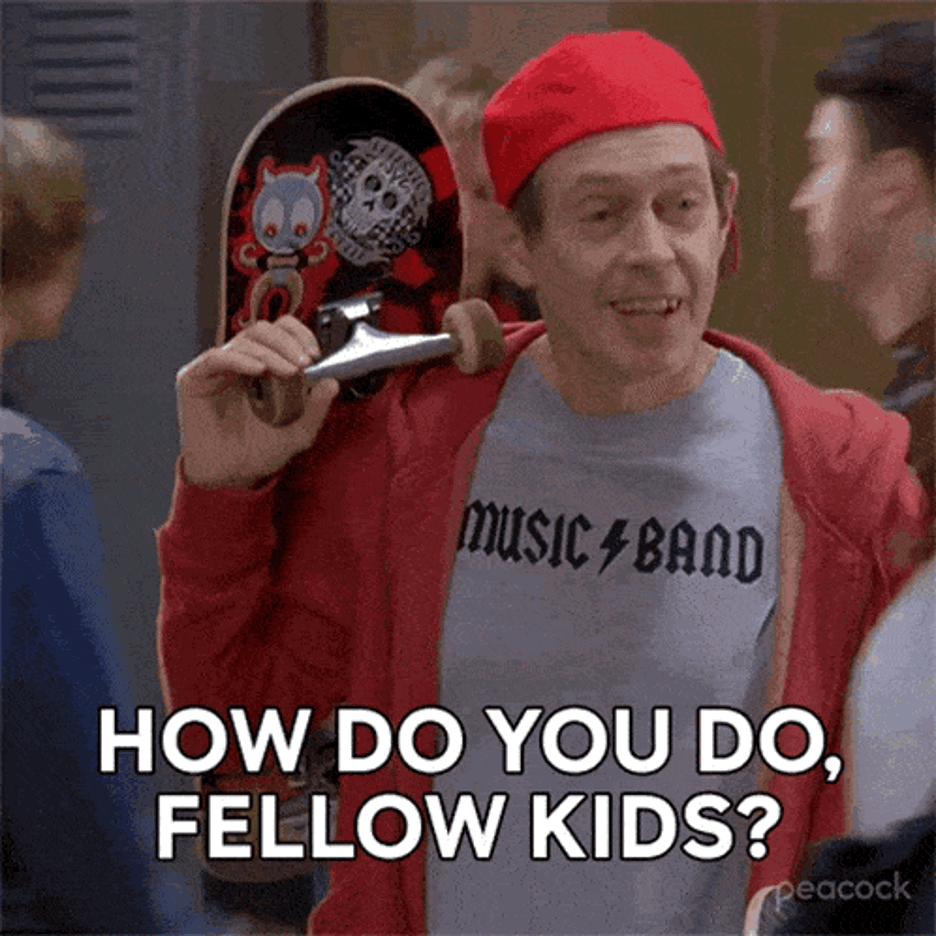Since the writ dropped last month, old people have been busy telling other old people what this federal election is about: Canada (and Trump) ; Canada (and Trump and tariffs); Canada; Canada! Apparently, this is an existential election: one last chance for Canadians to decide who we really are. Some other old people have noticed that this rhetoric doesn’t match the reality of the pedestrian policy announcements from the first week of the campaign.
Weirdly, none of these experienced political minds seem to have noticed that this election is just like every other Canadian campaign in recent memory: it is ultimately about how much wealth older generations can extract from young people and future generations under the guise of tax cuts, cheap credit, and publicly subsidized natural resource extraction. These are the same unimaginative “solutions” that have been sold to Canadians by government after government and that have managed only to make our economy unproductive and our country vulnerable. But this time, they’re drenched in patriotic musk.
Young Canadians, especially the enfranchised few, can’t get distracted by the old men in hockey sweaters. Their performative nationalism is classic political sleight of hand.
The Liberals have eliminated the consumer carbon price and will continue to finance expanded fossil fuel production (don’t forget that $34 billion pipeline they bought us).
In addition to eliminating carbon prices for individuals and industry, the Conservatives want to reduce the capital gains tax on investments in Canada, a policy which would channel money to uncompetitive companies and industries (why else would they need special tax treatment to attract investment?) and, if extended to real estate, drive up house prices.
The NDP want to double down on public support for the housing market by having the CMHC issue low-interest mortgages directly to first-time home buyers, which will only spur more asset price inflation, while failing to address the true causes of the house price crisis.
Each of these policies will borrow from the future to stimulate economic activity today. Whether that borrowing takes the form of financial debt (Mr. Poilievre’s proposal could cost more than $10 billion in lost federal revenue over two years) or climate debt (via increased GHG emissions), these proposals ask nothing of us today and impose huge costs on the citizens and taxpayers of tomorrow. They all rely on massive public subsidy schemes, such as CMHC mortgage insurance and securitization, low taxes enabled by huge public deficits, and grotesquely complex resource royalty schemes that hide huge giveaways to oil-and-gas companies.
Our so-called leaders are afraid to ask Canadian adults to grow up. Nearly fifty percent of us struggle with basic literacy and numeracy. Our economy is dependent on artificially high house prices, an oligopolistic financial sector, and a fossil fuel industry that cannot compete without extensive government support. Rather than face these challenges, the party leaders want to distract us by waving the flag and shouting “Trump!” while mortgaging the future of young people to bail out their unsustainable status quo.
They’ll tell themselves (and each other) they’re doing it to protect the country and, by extension, the next generation of Canadians. But they’re really doing it for themselves, their peers, and their retirement plans.
None of the major parties has a plan for young people. Their vision of Canada is founded on taking from the future to enrich the incumbents. This is the way: the future must be sacrificed to the past. Today, the threat is Trump and his tariffs. A few years ago it was COVID-19, and a few years before that it was the Great Financial Crisis, and they will always find a new reason to make “the tough decision” to put their interests first. There is no intergenerational solidarity (sorry, Paul!).
If there are young Canadians reading this, you might ask what you can do in this election? Not much. The fight for the future will be long and difficult, and it will take more than one election to change our current course.
For now, Canadian youth can lock in and start local. Find the youngest candidate in your riding. Ask them hard questions about the ongoing and unsustainable transfer of wealth and opportunity from you (and your future children) to random Gen Xers and Boomers. If they have good answers, consider voting for them. If they don’t, then practice using the other democratic tools at your disposal. Study. Organize. Eat well. Save money. Farm some aura. Criticize. Exercise. Protest. Sue. Know your enemy and be ready for the next battle, because there is always another battle.
Remember, you’ve got something they don’t: time.
* originally submitted with this title to the Globe and Mail on March 31, 2025, more than a week before the Globe published this very good piece by Taylor C. Noakes.

Leave a Reply